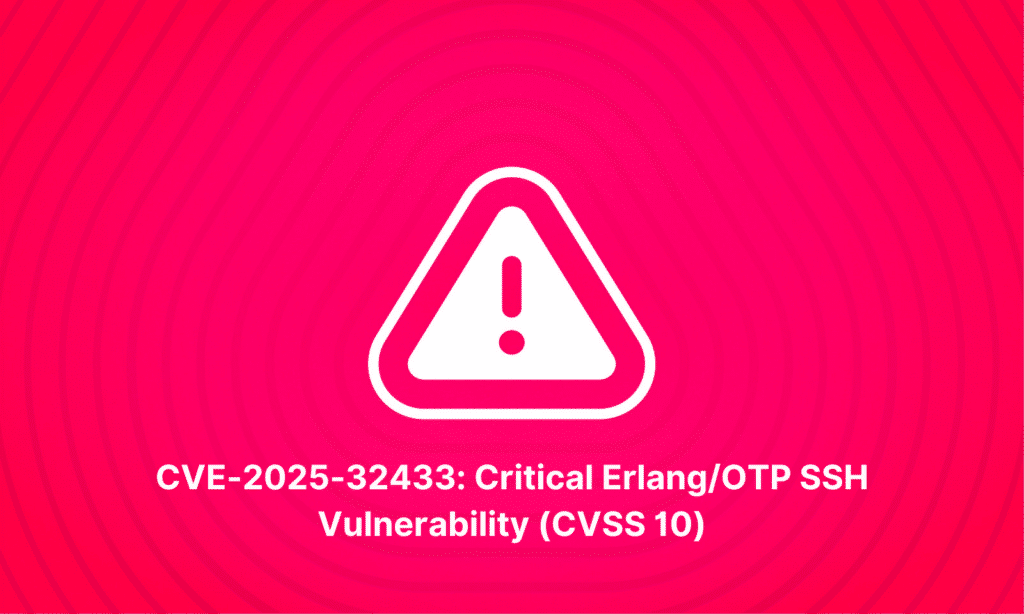
CVE-2025-32433: Critical Erlang/OTP SSH Vulnerability (CVSS 10)
On April 16, 2025, a critical remote code execution (RCE) vulnerability in Erlang’s SSH library was publicly disclosed. Tracked as CVE-2025-32433, this vulnerability received the maximum possible CVSS score of 10.0, signaling how severe and exploitable it is, especially in environments relying on Erlang/OTP for SSH access. Overview What is CVE-2025-32433? Discovered by researchers at […]

IngressNightmare: How New ingress-nginx Vulnerabilities Threaten Kubernetes Clusters
Kubernetes administrators take note: a critical set of vulnerabilities in the popular ingress-nginx controller—collectively dubbed “IngressNightmare”—could put your entire cluster at risk. In particular, CVE-2025-1974, with a CVSS score of 9.8, allows attackers to take over Kubernetes clusters simply by exploiting the Validating Admission Controller feature. Because ingress-nginx runs in roughly 40% of Kubernetes deployments, […]
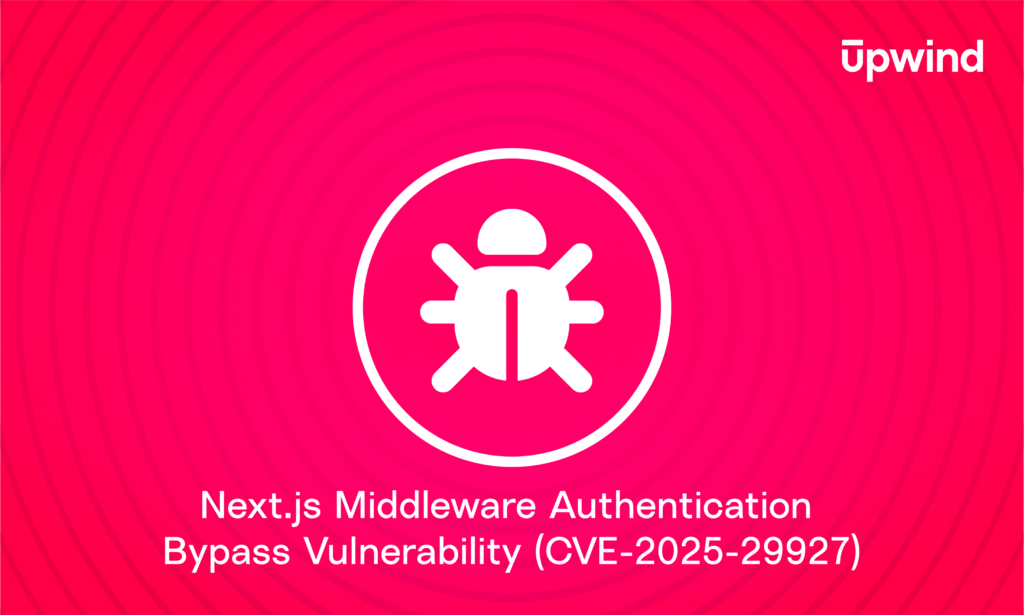
Next.js Middleware Authentication Bypass Vulnerability (CVE-2025-29927)
Next.js middleware plays a key role in securing applications by enforcing authentication, managing access control, and applying security headers. However, a newly discovered vulnerability, CVE-2025-29927, allows attackers to bypass these protections entirely using a manipulated HTTP header. Affected Versions This flaw affects the following versions: The Core Issue Next.js prevents infinite middleware loops by tracking […]
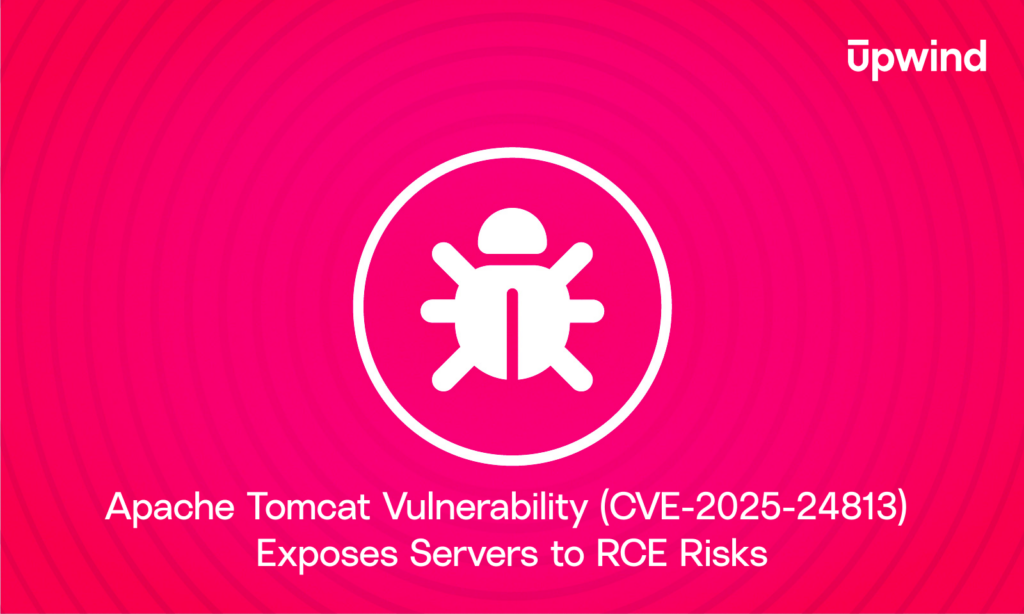
Apache Tomcat Vulnerability (CVE-2025-24813) Exposes Servers to RCE Risks
A critical security vulnerability, identified as CVE-2025-24813, has been discovered in Apache Tomcat, potentially exposing servers to remote code execution (RCE), information disclosure, and data corruption risks. This flaw affects the following versions: Understanding CVE-2025-24813 The vulnerability originates from improper handling of path equivalence when processing filenames that contain internal dots. Specifically, when Tomcat’s default […]
Discussing GitHub Actions Supply Chain Compromise
Upwind’s Head of Security Research Moshiko Hassan, MDR Lead Omer Idel, and Head of Marketing Denise Ashur discuss the GitHub Actions supply chain compromise, including how widespread it is and what users should do to mitigate.
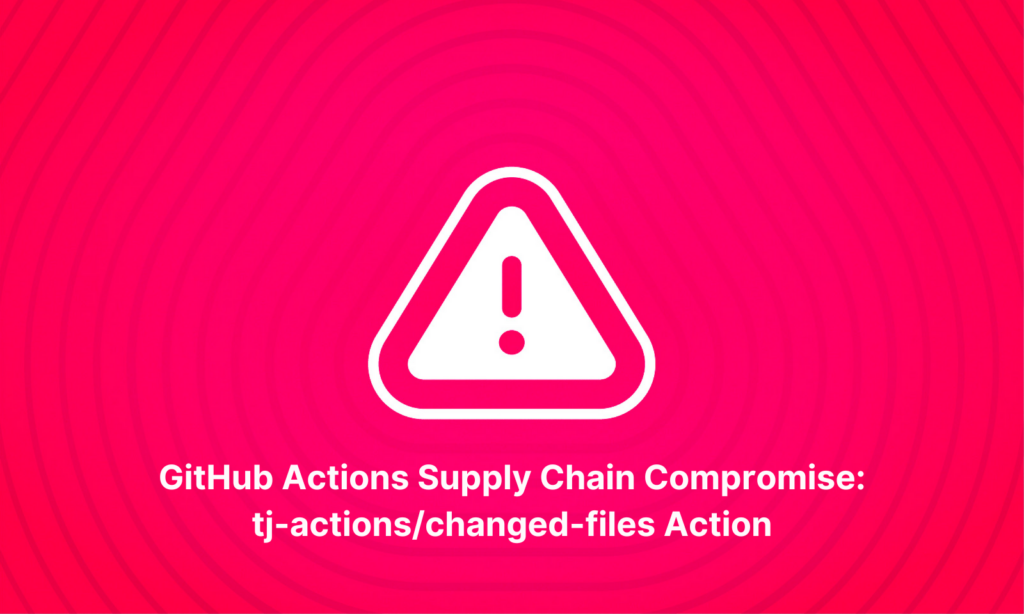
GitHub Actions Supply Chain Compromise: tj-actions/changed-files Action
We are actively responding to a significant security breach involving the widely used GitHub Action, tj-actions/changed-files. Current findings indicate that nearly all tagged versions of tj-actions/changed-files have been compromised, resulting in direct access to running containers and virtual machines’ memory, allowing the extraction of sensitive secrets, information, and code. This is happening through the following command […]
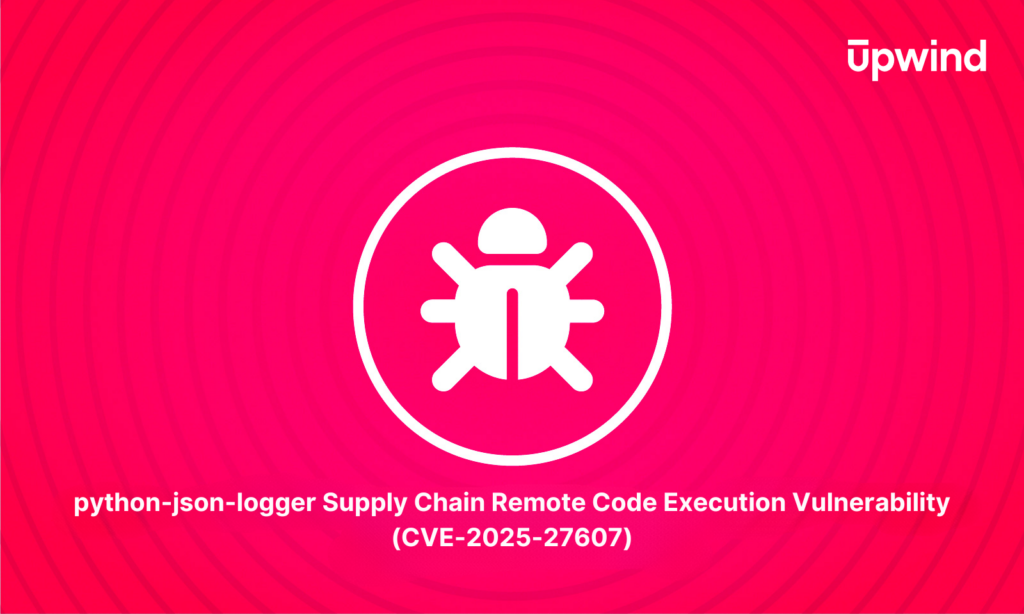
Supply Chain Remote Code Execution in python-json-logger CVE-2025-27607
A critical Remote Code Execution (RCE) vulnerability was recently discovered in python-json-logger, a widely used Python package for structured logging. This flaw, affecting versions 3.2.0 and 3.2.1, arises due to a missing dependency: msgspec-python313-pre. The package was deleted from PyPI, leaving its name unclaimed. This vulnerability highlights a recurring yet dangerous issue in software supply […]
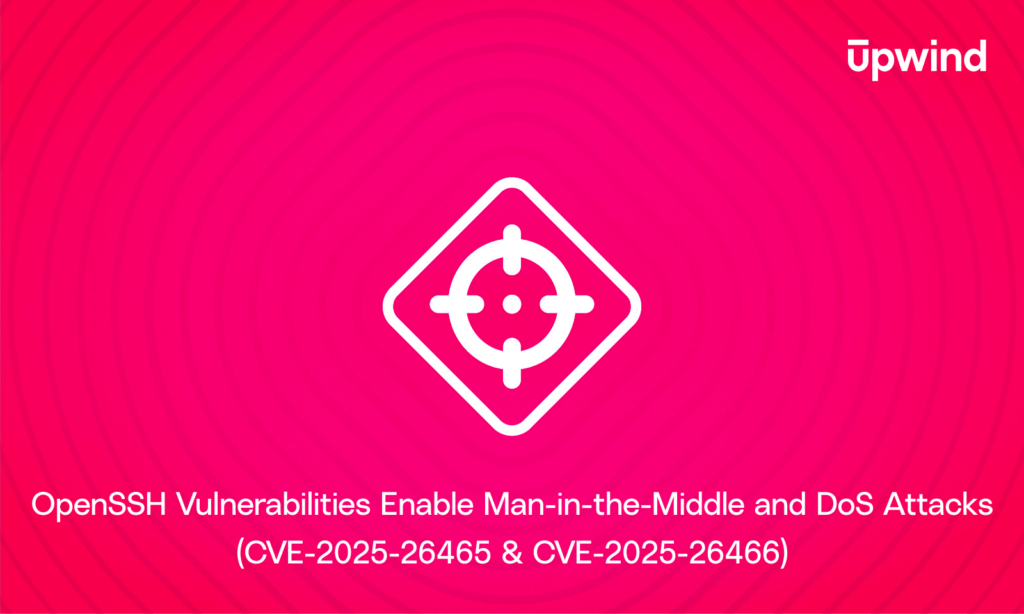
OpenSSH Vulnerabilities CVE-2025-26465 and CVE-2025-26466 Enable Man-in-the-Middle and DoS Attacks
On February 18, 2025, two critical vulnerabilities were disclosed in OpenSSH, a widely used secure networking utility suite. These flaws, identified as CVE-2025-26465 and CVE-2025-26466, pose significant security risks: Discovery and Response The vulnerabilities were uncovered by the Qualys Threat Research Unit (TRU). They affect OpenSSH client versions 6.8p1 through 9.9p1 and 9.5p1 through 9.9p1, […]
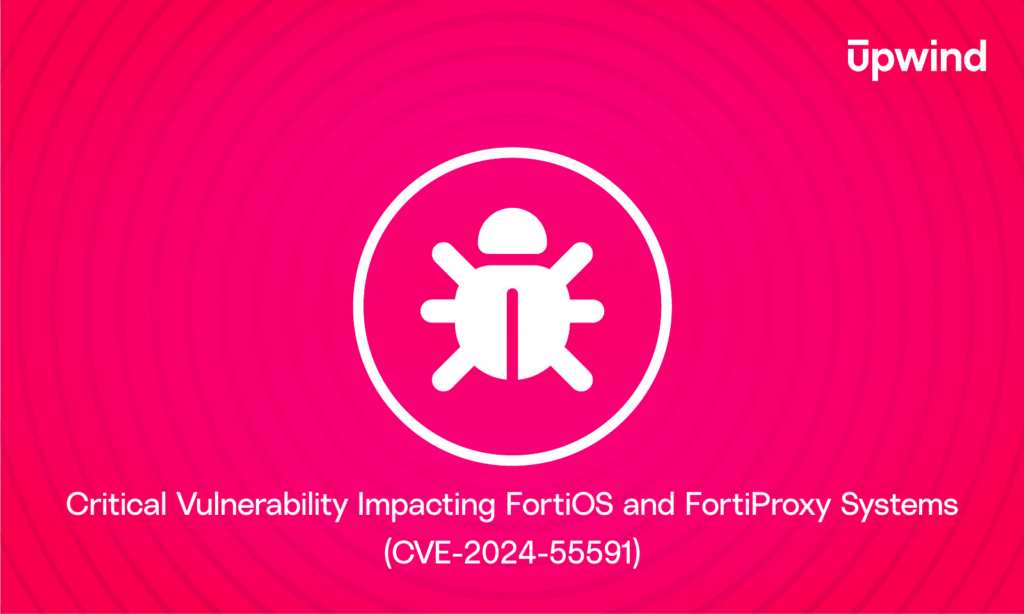
New CVE-2024-5591 Zero-Day Exploitation of Fortinet Firewalls
On January 14, 2025, Fortinet announced a critical vulnerability impacting its FortiOS and FortiProxy systems, CVE-2024-55591 is an authentication bypass zero-day vulnerability that has been actively exploited since mid-November 2024, enabling attackers to hijack Fortinet firewalls and compromise enterprise networks. Successful exploitation grants remote attackers super-admin privileges via malicious requests to the Node.js websocket module. Discovery […]

Introducing New Runtime Security Features for Modern Containerized Environments
At Upwind Security, we continuously enhance our security capabilities to address emerging threats and provide unparalleled runtime protection for containerized environments. In this update, we are excited to introduce new detection and prevention policies designed to secure workloads against sophisticated attacks. Next-Generation Threat Detections Over the past several weeks we have added additional detection policies […]


